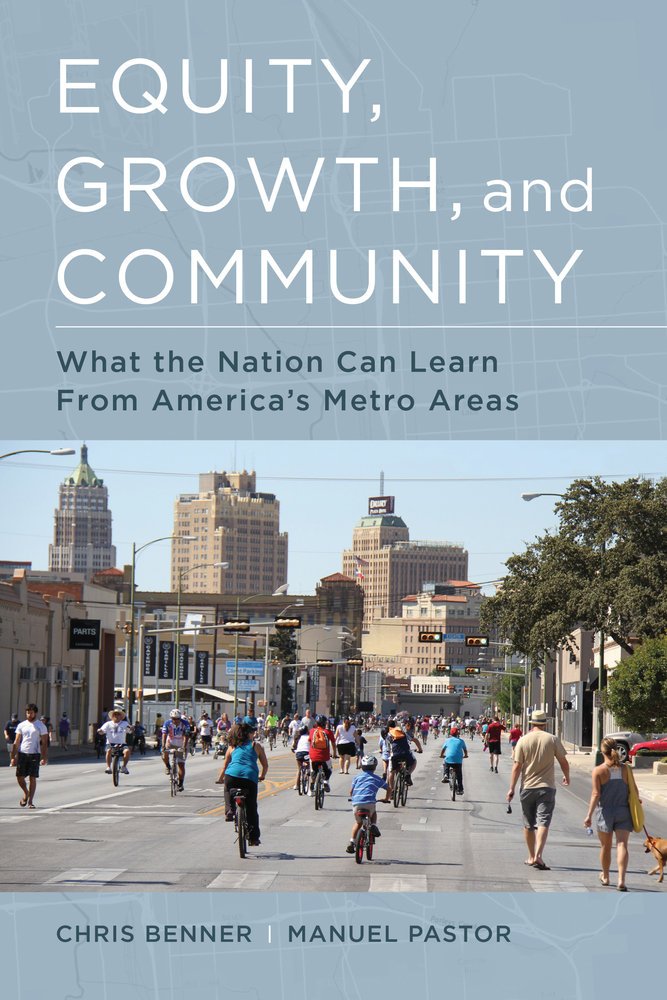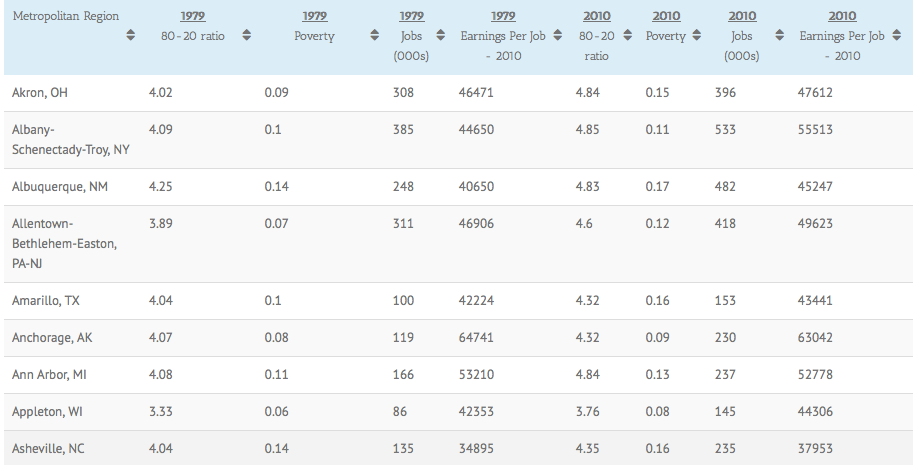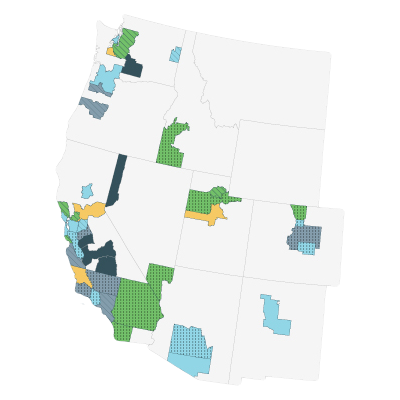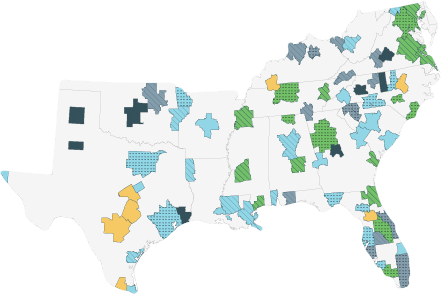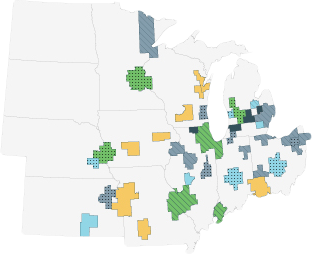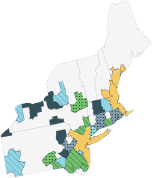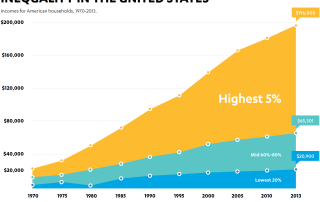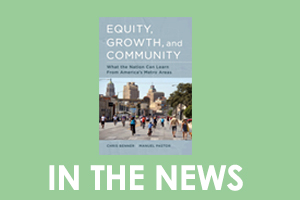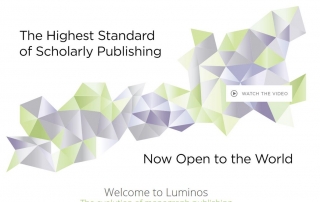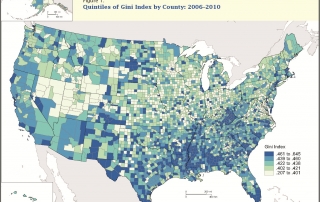About Equity, Growth, and Community
What the Nation Can Learn From America’s Metropolitan Regions
In the last several years, much has been written about growing economic challenges, increasing income inequality, and political polarization in the United States. This new book by Chris Benner and Manuel Pastor argues that lessons for addressing these national challenges are emerging from a new set of realities in America’s metropolitan regions: first, that inequity is, in fact, bad for economic growth; second, that bringing together the concerns of equity and growth requires concerted local action; and, third, that the fundamental building block for doing this is the creation of diverse and dynamic epistemic (or knowledge) communities, which help to overcome political polarization and help regions address the challenges of economic restructuring and social divides.
Benner and Pastor examine how inequality stunts economic growth and how bringing together equity and growth requires concerted local action. Combining data, case studies, and emerging narratives on multi-sector collaborations in 11 metro regions, the book offers a powerful prescription not just for metros but for our national challenges of slow job growth, rising economic inequality, and sharp political polarization.
Learn More About the Book
Read and Download for Free
As America bolts toward a more multiracial future in the face of skyrocketing inequality, local leaders are desperately seeking strategies to foster more inclusive growth. Chris Benner and Manuel Pastor’s research uncovers a critical ingredient of success: diverse regional leaders coming together to build a foundation of shared knowledge and advance positive change.
This book, the latest fruit of a highly productive collaboration between two first-rate thinkers, is both immensely wise and highly practical—a must-read. Benner and Pastor blow apart simplistic ideas about collaborative problem-solving—which tend to stop at reframing or the magic of dialogue—to show how the locally driven process of generating shared knowledge, risk-taking and even productive conflict can generate real progress on the most urgent challenges our country and our communities face.
Blog
The conversation doesn’t end when the book is in your collection. Equity, Community, and Growth is a living project that you can be a part of. Follow our Knowing Together, Growing Together blog and be informed when new developments takes place in any of the Metro Regions featured in the book.
Visit our Connect page for more ways to be part of the evolving conversations around the country on equity, growth, and community.
Equity, Community, and Growth Blog
Infographics: “Inequality By The Numbers”
This infographic spread published in the Fall 2015 issue of UCLA BluePrint Magazine (by the UCLA Luskin School of Public Affairs), presents charts illustrating income inequality in California, in Los Angeles, and for the nation.
Read the full issue, “Rich and Poor: The Causes and Effects of Economic Inequality.”
“More than economics: New book explores how equality helps economies grow”
Check out the article “More than economics: New book explores how equality helps economies grow” featured on the University of California Santa Cruz news site. Many readers may be familiar with the fact that co-author Chris Benner is a professor and director of the Everett Program at UCSC. But as Melissa De Witte pointed out, co-author Manuel Pastor also has deep connections to UCSC as an alumnus and former professor.
“In their research, Benner and Pastor visited 11 regions across the U.S. to better understand how a community responded to specific issues choking growth. A jobs crisis, political fragmentation, education and income disparities, or all of the above – present new problems to communities. How quickly cities respond to these challenges is related to how equal and epistemic its community is….
…’We find that one of the most important factors that can […]
Why have a free ebook version?
Probably like many academic authors, we were initially concerned that open access might be viewed by others as meaning low quality – after all, if it was really good, why would it be “free”?
However, we were reassured otherwise by, first, our own standards of rigor but also by the reviews from which this manuscript benefited and the exacting process that UC Press and Luminos have put in place to insure a high quality series. Once we were past that, we realized that we have long valued our role as public intellectuals who are willing and indeed, eager, to bring ideas into the messy real world and participate in the debates that change lives – and this model is perfectly suited to that sort of effort.
Moreover, the central messages of our book – that equity and opportunity are key for sustainable […]
Maps We Like: Gini Index by U.S. County
I recently across this map showing the Gini index by U.S. county, 2006-2010. I suppose one could squint hard at the image below to find your area. But I’d suggest downloading a large version over at Wikimedia Commons.

